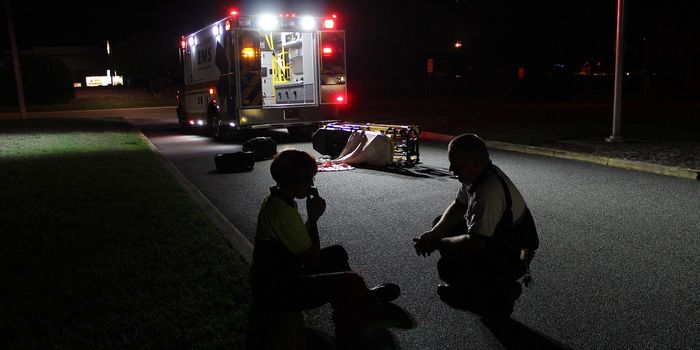How Does Recent Cannabis Use Affect Your Risk of Stroke?
Does cannabis use influence stroke risk? Some research says yes; some says no. These “conflicting results” further muddle scientists’ understanding of how cannabis use affects human health as more state governments in the United States ease restrictions of recreational cannabis use.
A new observational study offers fresh findings into the marijuana-stroke risk dilemma. The study included an analysis of recent marijuana use and risk of ischemic stroke. Ischemic stroke is the most common type of stroke, caused by blood clots blocking blood vessels in the brain, preventing oxygen from reaching neurons. Other types of stroke include hemorrhagic (blood vessel rupture or leakage) and transient ischemic (also known as a “mini-stroke”).
Researchers from the present study analyzed the stroke-related effects of recent cannabis use by reviewing drug testing data for people admitted to the hospital and screened for drug use with a urine test. Thus, this data collection method allowed the researchers to limitedly account stroke risk for only individuals who had recently used marijuana. No other information about marijuana habits was collected.
The study ultimately included data from 9,350 people 18 years of age or older. After excluding people who tested positive for drugs other than marijuana, researchers observed that 18 percent tested positive for marijuana. These individuals were more likely to be male, younger, and current smokers compared to those who tested negative.
Eight percent of the marijuana-positive subgroup had an ischemic stroke, compared to 16 percent of people who tested negative for marijuana. Further control for various risk factors for stroke altered the results to show no difference in risk for recently using or not using marijuana.
Stroke kills 140,000 people in the United States annually. Risk factors for stroke include high blood pressure, diabetes, heart and blood vessel diseases, high LDL cholesterol, smoking, and more.
Sources: American Academy of Neurology, Neurology Clinical Practice, “Ischemic Stroke,” Centers for Disease Control and Prevention, National Heart, Lung, and Blood Institute








